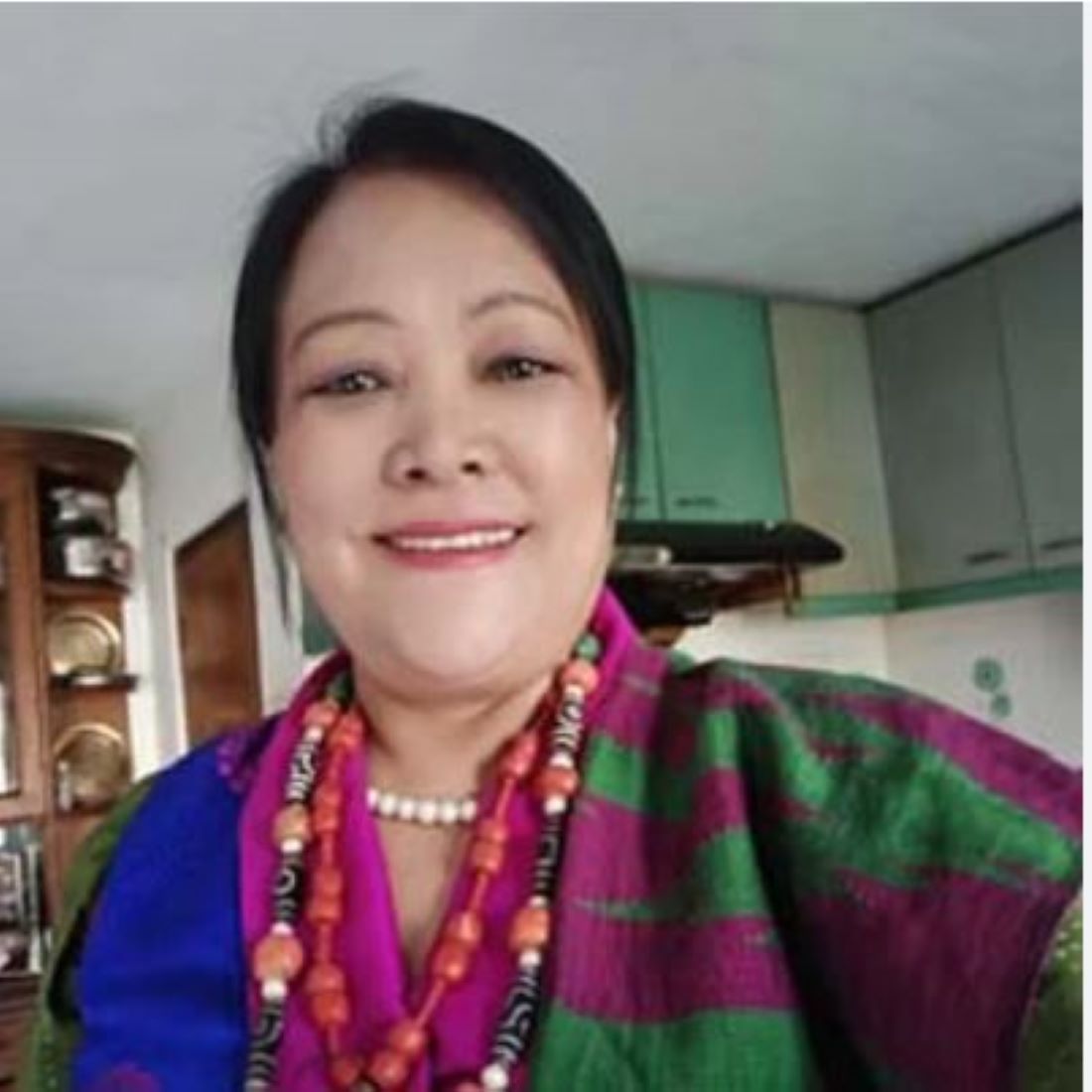
Lakpa Phuti Sherpa ,Kathmandu, March 9 (RSS): In propelling Nepal towards significant development, it is imperative to foster trust in women and provide them with equitable opportunities across all spheres of life, transcending the confines of traditional gender roles. Governments must place decisive measures to ensure universal access to decision-making and policy-making platforms, regardless of geographical location, fostering an environment conducive to genuine and enduring progress in Nepal.
Reflecting on Nepal’s remarkable progress in advancing women’s rights, showcased by leaders like former President Bidya Devi Bhandari and our early adoption of voting rights, underscores our nation’s pioneering spirit, positioning us ahead of countries such as Switzerland, which only granted women voting rights in 1972.
As Nepal continues its journey of evolution, it is crucial to recognize and utilize women’s natural leadership abilities within the home as evidence of their potential to shape the nation’s destiny.Across Nepal, women have made significant contributions in various sectors, including education, banking, agriculture, rural tourism development, microenterprise, and small-scale entrepreneurship. However, disparities persist in political, bureaucratic, and high-level decision-making arenas, with only a handful of women holding positions of influence.
To effectuate transformative change in Nepal, it is imperative to empower women with a vision for national development, ensuring their equal participation across all sectors. This inclusive approach will position Nepal as a leader in South Asia, setting a precedent for female involvement in societal progression.
While Asian men exhibit considerable support for women’s advancement, they must extend this support within their households and advocate for women’s rights in broader society. Men must actively open doors for their mothers, sisters, cousins, and wives, valuing and considering every woman’s perspective as integral to the nation’s collective progress.
To make significant changes in our country’s development, we must trust women and give them fair opportunities in all areas of life, not just at home. Governments must take decisive actions to ensure everyone, whether in busy cities or quiet rural areas, has a fair chance to make decisions and policies. This will lead to real and lasting progress in Nepal.
Looking at how much we’ve achieved in advancing women’s rights shows Nepal’s pioneering spirit. We’ve been ahead of countries like Switzerland, which only gave women voting rights in 1972. As Nepal continues to evolve, it’s essential to recognize and use women’s natural leadership abilities at home as evidence of how they can help shape our country’s future.
Overall, in Nepal, women have successfully played roles in education, banking, farming, rural tourism development, micro development, and small businesses like boutiques. However, in politics, bureaucracy, and high-level decision-making, there are still only a handful of women who are connected to high-level politicians. If we want to change Nepal drastically, we need to include women with a vision for national development equally. Then, we can lead South Asia by involving women in every sector. Most Asian men are very supportive, but support starts from their homes, and giving rights should start there, too. Each individual must make an effort. Additionally, men must open doors to their mothers, sisters, cousins, and wives and consider every woman’s perspective.
Nepal has made remarkable achievements in the constitutional, legal and policy fronts for women rights and gender equality, which arguably were the result after various awareness campaigns and movements launched for social justice, women rights and gender equality.
The Constitution of Nepal 2015 represented country’s largest recent reform to advance inclusion, with the transition from a unitary to a federalist system of governance. This has resulted in notable changes in the legal frameworks and institutional mechanisms for achieving gender equality and empowerment of women and girls in line with the Convention on the Elimination of All forms of Discrimination Against Women (CEDAW), the Beijing Declaration and Platform for Action (BPfA) and the Sustainable development Goals (SDGs).
The Constitution guarantees women’s rights as a fundamental right, reaffirms the right to safe motherhood and reproductive health, education, health, employment, equal pay, social security and property rights and guarantees inclusion of women in all state bodies on the basis of principle of proportional inclusion.
While legal frameworks provide solid ground for advancing the rights of women and marginalized groups, there are still challenges for translating legal equality into substantive equality for women and girls in Nepal. The theme for International Women’s Day 2024 is “Inspire Inclusion”. This theme encourages us to inspire others to understand and value women’s inclusion, leading to a better world. When women themselves feel inspired to be included, it fosters a sense of belonging, relevance, and empowerment.
Let’s collectively work towards a more inclusive world for women, where diverse backgrounds, abilities, and identities are embraced and celebrated. Remember, International Women’s Day is a global event that celebrates women’s achievements, acknowledges their struggles, and highlights the ongoing fight for gender equality. It’s a day of collective activism and celebration, belonging to all who are committed to advancing women’s rights and equality. (Writer is an Tourism Entrepreneur as well as deputy team leader of First Nepalese Women expedition to Everest spring 1993 with National Luminary Pasang Lhamu Sherpa)
Comments